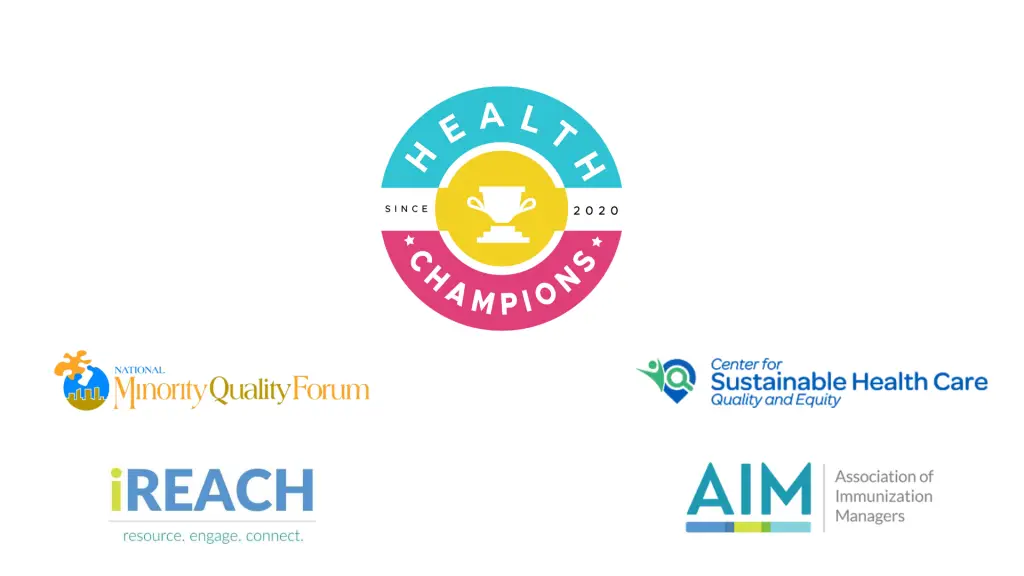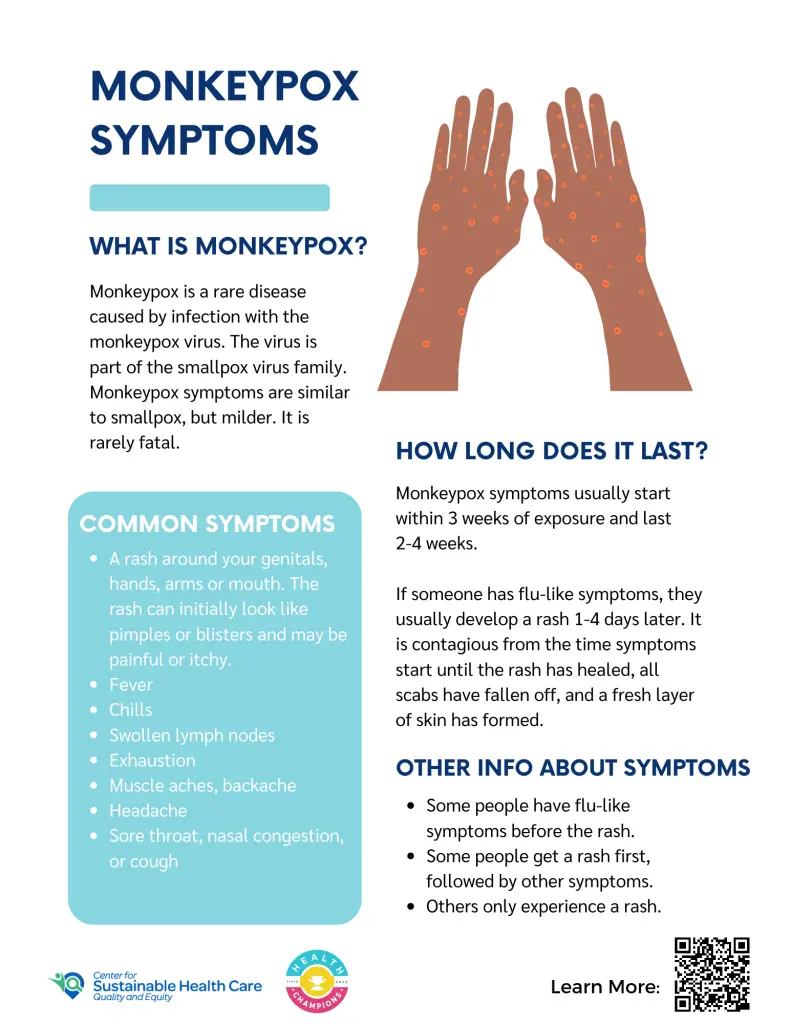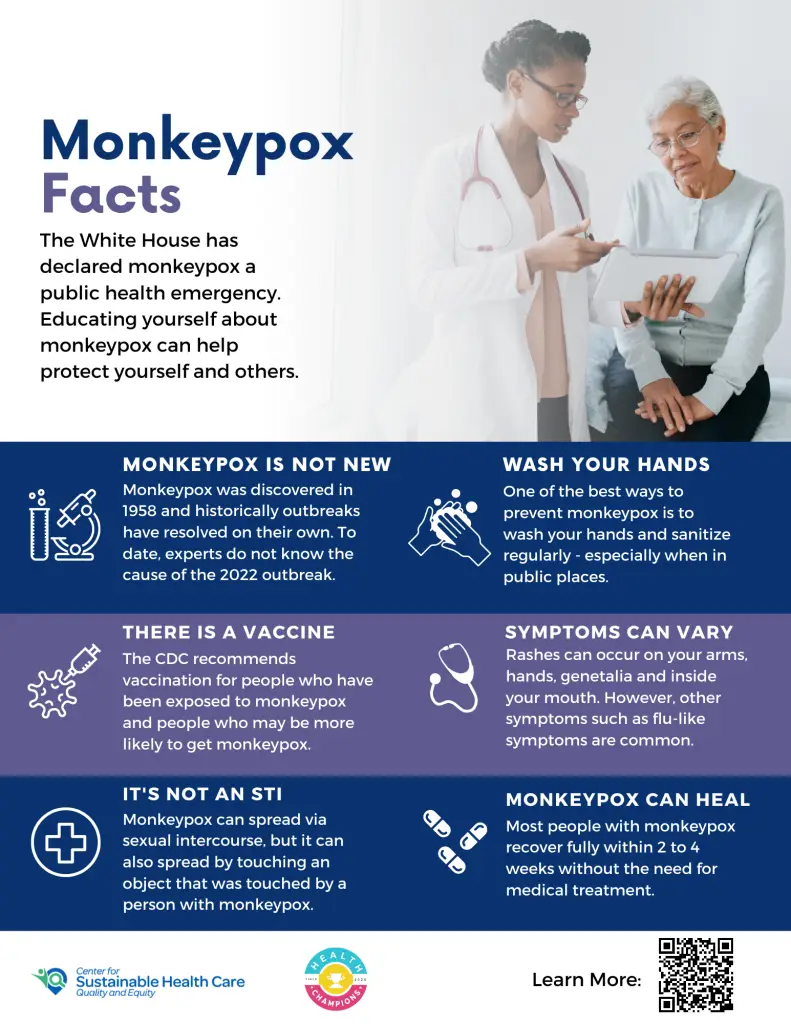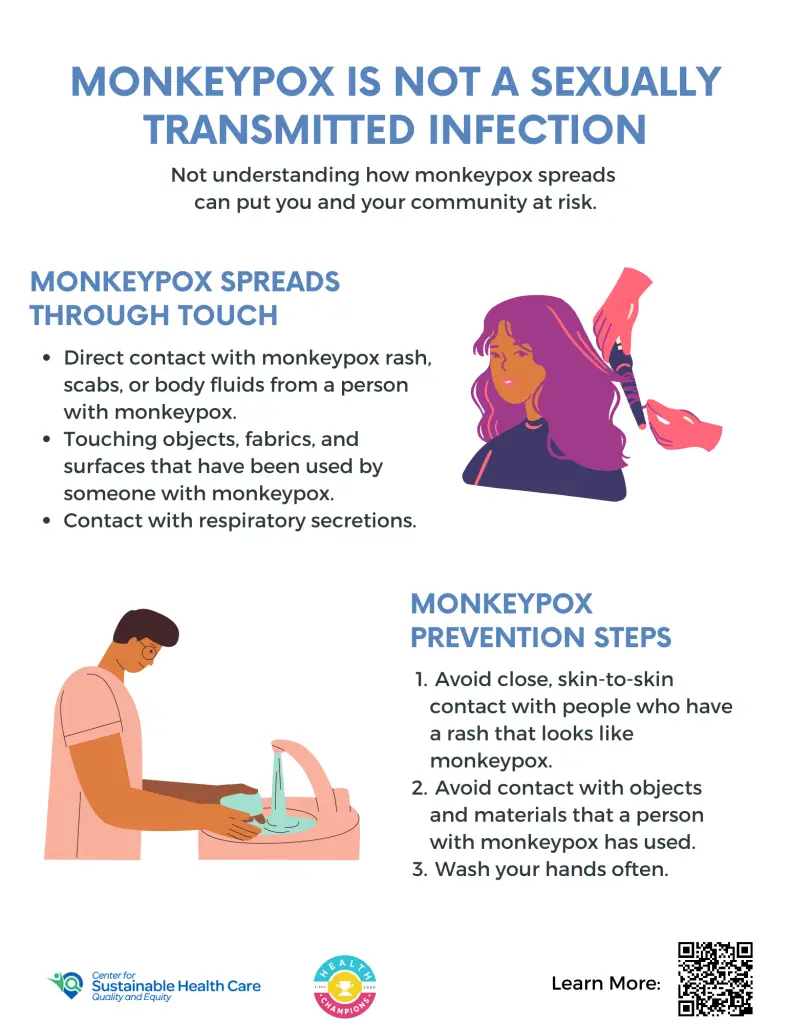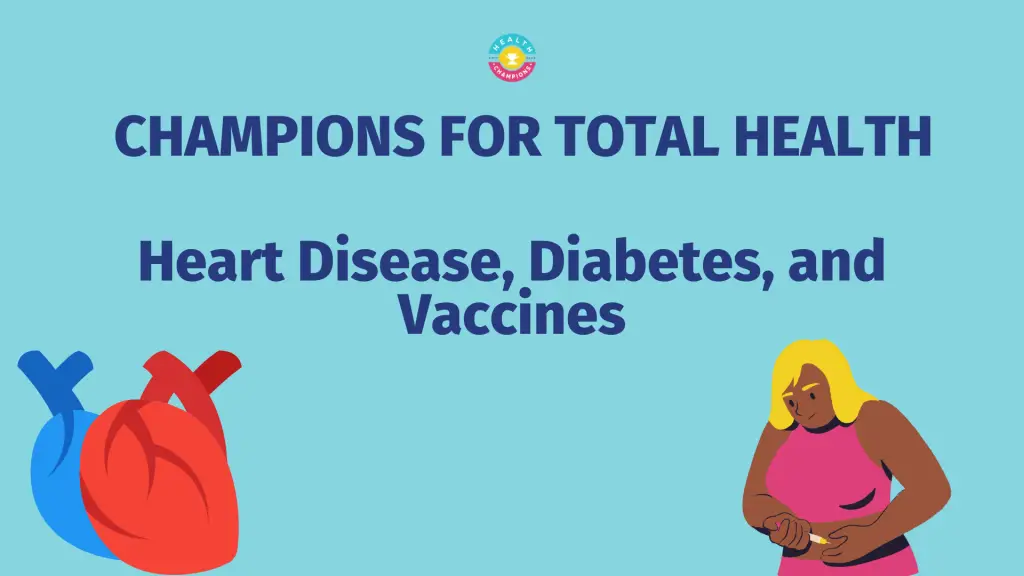
Table of Contents
Heart Disease and Diabetes Defined
Heart Disease
- Heart disease (or cardiovascular disease) may refer to several different illnesses
- Many of these illnesses are related to a process called atherosclerosis, which happens when plaque builds up in the walls of arteries in the heart
- The buildup makes it harder for blood to flow
- If a clot forms, blood flow may be blocked possibly causing a heart attack or a stroke
- Heart Attack
- Happens when blood flow to a part of the heart is blocked
- Stroke
- There are two types of strokes
- One type of stroke is an ischemic stroke
- This is the most common type of stroke
- Happens when a blood vessel that feeds the brain is blocked from a blood clot
- When the blood supply to a part of the brain is cut off, some brain cells will begin to die. This can result in the loss of functions controlled by that part of the brain, such as walking or talking
- The second type of stroke is a hemorrhagic stroke
- Happens when a blood vessel in the brain bursts
- Most often caused by uncontrolled high blood pressure
- Heart Failure
- Can also be called congestive heart failure
- It simply means the heart isn’t pumping blood as well as it should
- This does not mean the heart stops beating, but it does mean the body’s need for blood and oxygen isn’t being met
- Heart failure can get worse if left untreated
- Arrhythmia
- The term that refers to an abnormal heart rhythm
- The heart can beat too slow (bradycardia), too fast (tachycardia), or irregularly
- Heart Valve Problems
- Stenosis occurs when a heart valve doesn’t open enough to allow blood to flow through as it should
(What is cardiovascular disease? 2022)
Diabetes
- Diabetes is a chronic illness that affects how your body processes food and turns it into energy
- Typically, your body breaks down most of the foods you eat into sugar and releases it into your bloodstream
- After sugar is released into the bloodstream, the pancreas (an organ in the body that releases enzymes (substances) that help us digest food) is triggered to release insulin – insulin behaves like a key that lets blood sugar into cells to use for energy
- Diabetes occurs when your body doesn’t make enough insulin or is unable to use it as well as it should
(What is diabetes? 2022)
Types of Diabetes
- Type 1 Diabetes
- Believed to be an autoimmune reaction (the body attacks itself by mistake). This stops your body from making insulin
- Of the people who have diabetes, about 5-10% are living with type 1 diabetes
- It is usually diagnosed in children, teens, and young adults
- Individuals living with type 1 diabetes must take insulin daily
- Type 2 Diabetes
- Occurs when your body doesn’t use insulin well and cannot control blood sugar levels
- Of the people who have diabetes, approximately 90-95% are living with type 2 diabetes
- Usually takes many years to develop
- Historically diagnosed in adults, but more and more children, teens, and young adults are being diagnosed
(What is diabetes? 2022)
The Link Between Heart Disease and Diabetes
- Clinicians and researchers have long known that diabetes and heart disease are closely linked
- Individuals living with type 2 diabetes are two times more likely to develop heart disease and die from it
- Obesity, high blood pressure, lack of physical activity, smoking and blood sugar variability (ups and downs) are some of the risk factors for heart disease that are often seen in people living with type 2 diabetes
- Therefore, targeting these risk factors is vitally important for reducing the risk of developing both chronic illnesses
Cardiovascular disease and diabetes 2021) (Leon, 2015)

Risk Factors for Heart Disease and Diabetes
Nutrition
(CDC, 2022)
Medication Taking
(CDC, 2022)
Exercise
(CDC, 2022)
Smoking
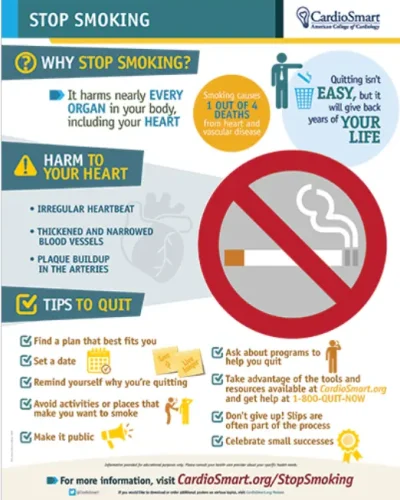
(Stop Smoking)
Inequities in Heart Disease and Diabetes
- Black adults living in rural areas have the highest mortality rate from heart disease, diabetes, and stroke compared to white adults
- For both diseases, Black adults suffer greater disparities in incidence and mortality. Thus, for patients living with both illnesses, this is compounded
- Likewise, geographic location seems to make a huge difference
- There has been some improvement in metropolitan areas vs. rural areas over the last two decades
(Aggarwal et al., 2021)
Inequities in Diabetes Outcomes
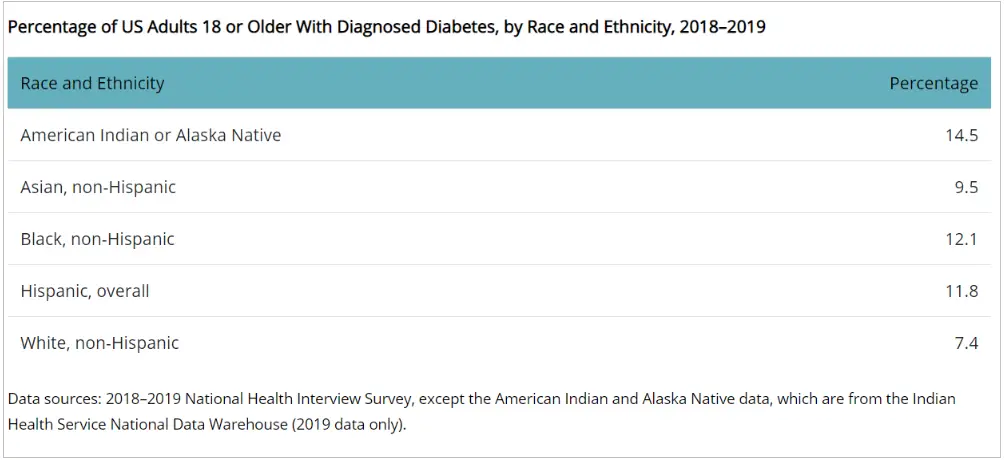
(By the numbers: Diabetes in America 2022)
Inequities in Heart Disease Outcomes
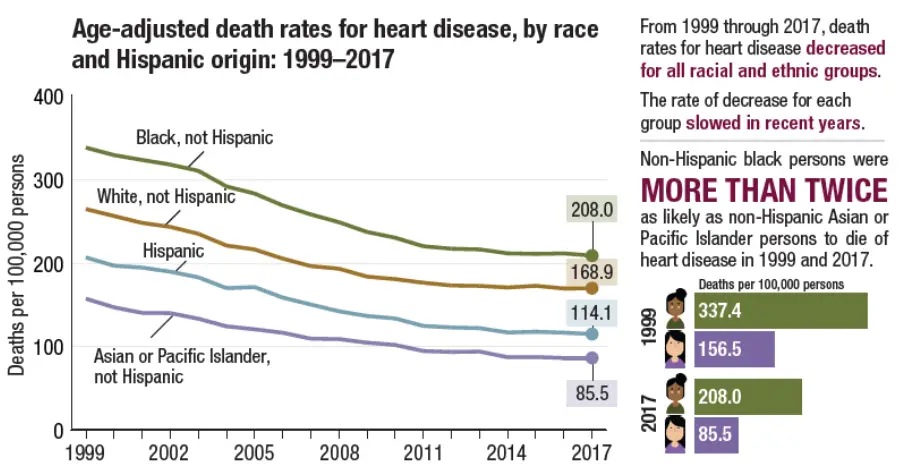
(Infographics - health, United States - products 2019)
Heart Disease and COVID-19
CDC says...
- “Having heart conditions such as heart failure, coronary artery disease, cardiomyopathies, and possibly high blood pressure (hypertension) can make you more likely to get very sick from COVID-19.”
- Having heart disease increases your risk of severe illness, hospitalization, or death from COVID-19
- Getting vaccinated and getting appropriate boosters against COVID-19 are the best risk mitigation strategy for reducing risk of serious complications, hospitalization, or death from COVID-19
(People with certain medical conditions)

Heart Disease and Flu

CDC says...
- “Among adults hospitalized with flu during recent flu seasons, heart disease was one of the most common chronic (long-term) conditions—about half of adults hospitalized with flu have heart disease.”
- Studies have also shown that the risk of having a heart attack was 6 times higher within a week of confirmed flu infection
- Flu vaccination is your best protection from complications from the flu
- Flu shots are approved for use in all adults, including people with heart disease and certain other health conditions. Flu shots have a long, established safety record in people with heart disease.
- The live attenuated influenza vaccine (LAIV) or the nasal spray vaccine, is an option for people who are not pregnant and who are 2 through 49 years old.
- Note: People with some chronic medical conditions (such as heart disease) should generally not get LAIV.
(Flu & people with heart disease or history of stroke 2021)
Diabetes and COVID-19
The American Diabetes Association Says…
- Patients living with diabetes are more likely to have complications from COVID-19
- Risk of getting severely sick is likely to be lower if your diabetes is well-managed
- Having heart disease AND diabetes could increase your risk of getting seriously ill from COVID-19
- Getting vaccinated and getting appropriate boosters against COVID-19 are the best risk mitigation strategy for reducing risk of serious complications, hospitalization, or death from COVID-19
(Frequently asked questions: Covid-19 and diabetes)
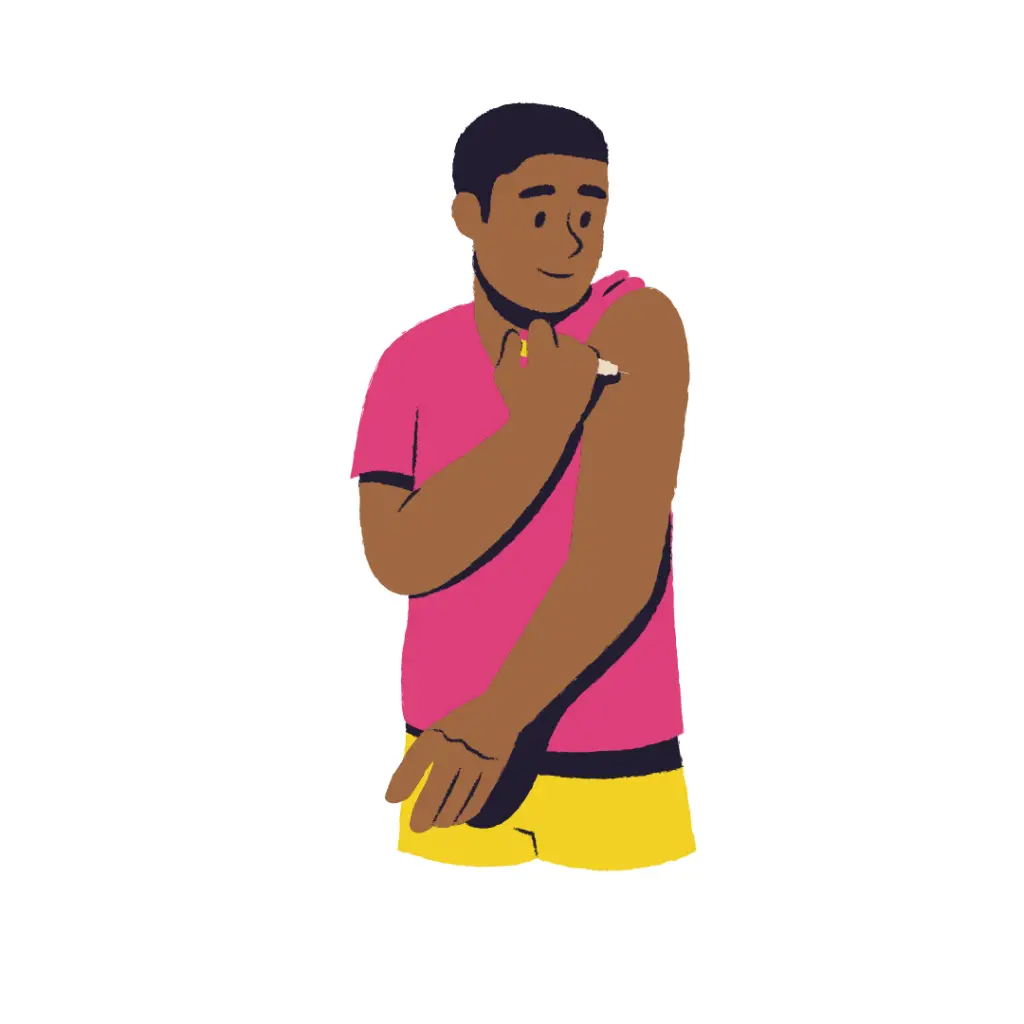
Diabetes and Flu

CDC says...
- “People with diabetes (type 1, type 2, or gestational), even when well-managed, are at higher risk of developing serious flu complications, which can result in hospitalization and sometimes even death.”
- About 30% of adults hospitalized with the flu in recent years had diabetes
- Flu can also make diabetes worse because the immune system is less able to fight off infections
- A flu vaccine is the best protection against the flu
- Injectable influenza vaccines (flu shots) are recommended for use in people with diabetes and certain other health conditions. Flu shots have a long, established safety record in people with diabetes
- The live attenuated influenza vaccine (LAIV), also known as the nasal spray vaccine, is recommended as an option for use in people 2 through 49 years old who are not pregnant. But people with some chronic medical conditions (such as diabetes) should generally NOT receive LAIV. Your doctor or other health care professional can answer any questions you might have about flu vaccine
- Having flu increases your risk of getting pneumococcal disease. Pneumonia is an example of a serious complication that can cause death.
- People who have diabetes also should be up to date with pneumococcal vaccination to help protect against pneumococcal disease. Pneumococcal vaccination should be part of a diabetes management plan. Talk to your health care provider to find out which pneumococcal vaccines are recommended for you.
(Flu & people with diabetes 2021)
Heart Disease, Diabetes, and Adult Vaccines
Type 1 and Type 2 Diabetes and Adult Vaccination
- People with diabetes (both type 1 and type 2) are at higher risk for serious problems from certain vaccine-preventable diseases.
- Diabetes, even if well managed, can make it harder for your immune system to fight infections, so you may be at risk for more serious complications from an illness compared to people without diabetes.
- Some illnesses, like influenza, can raise your blood glucose to dangerously high levels.
- People with diabetes have higher rates of hepatitis B infection than the rest of the population. Outbreaks of hepatitis B associated with blood glucose monitoring procedures have happened among people with diabetes.
- People with diabetes are at increased risk for death from pneumonia (lung infection), bacteremia (blood infection) and meningitis (infection of the lining of the brain and spinal cord).
https://www.cdc.gov/vaccines/adults/rec-vac/health-conditions/diabetes.html
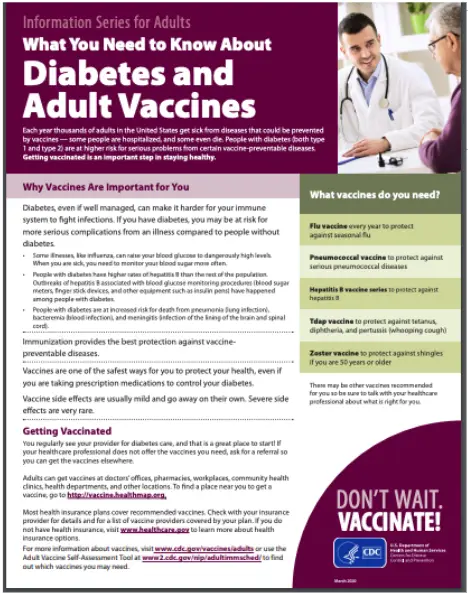
https://www.cdc.gov/vaccines/hcp/adults/downloads/fs-diabetes-vaccines.pdf
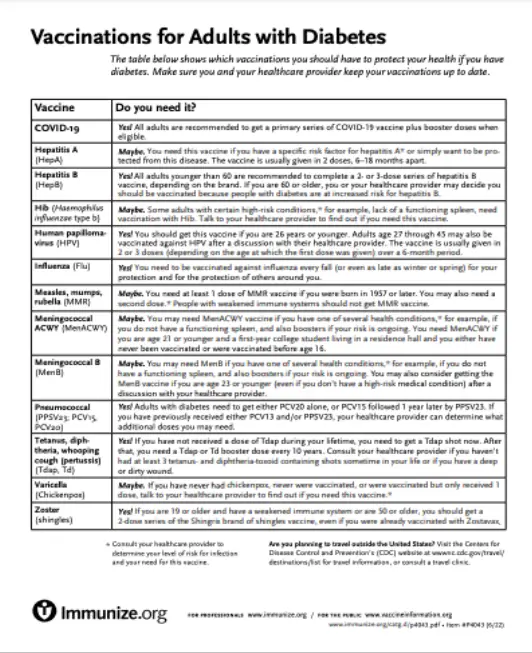
https://www.immunize.org/catg.d/p4043.pdf
In addition to vaccines recommended for all adults, Vaccines you need if you have diabetes:
- Influenza
- Pneumococcal
- Tdap (tetanus, diphtheria, and pertussis (whooping cough))
- Hep B
- Zoster (Shingles)
There may be other vaccines recommended for you based on your lifestyle, travel habits, and other factors.
Likewise, local pharmacies are a great place to receive vaccinations.
Heart Disease, Stroke, or Other Cardiovascular Disease and Adult Vaccination
- People with heart disease and those who have suffered a stroke are at higher risk for serious problems from certain diseases.
- Heart disease can make it harder for you to fight off certain diseases or make it more likely that you will have serious complications from certain diseases.
- Immunization provides the best protection against vaccine-preventable diseases.
- Vaccines are one of the safest ways for you to protect your health, even if you are taking prescription medications. Vaccine side effects are usually mild and go away on their own. Severe side effects are very rare.
- Some vaccine-preventable diseases, like the flu, can increase the risk of another heart attack.
https://www.cdc.gov/vaccines/adults/rec-vac/health-conditions/heart-disease.html
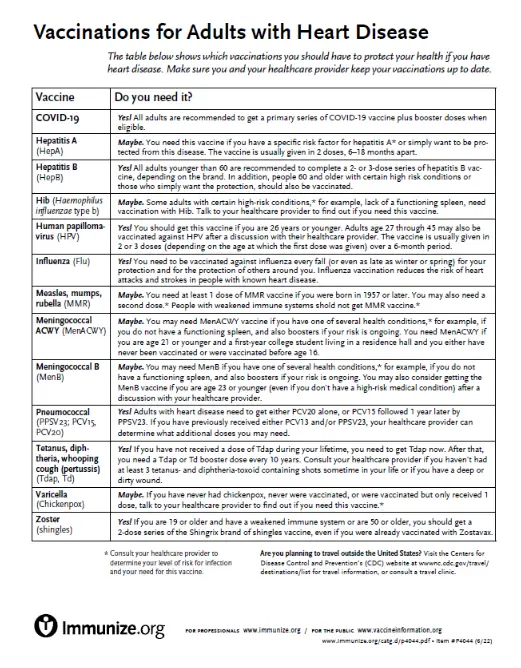
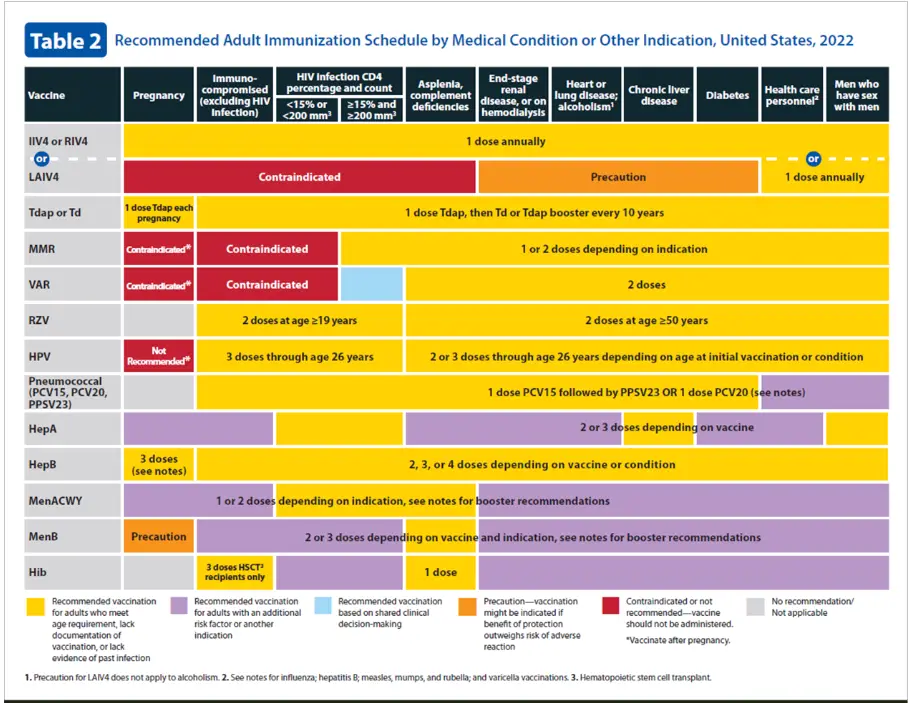
In addition to vaccines recommended for all adults, Vaccines you need if you have heart disease, history of stroke or other cardiovascular disease:
- Influenza vaccine
- Pneumococcal vaccine
- Tdap vaccine (tetanus, diphtheria, and pertussis (whooping cough))
- Zoster vaccine (shingles)
There may be other vaccines recommended for you based on your lifestyle, travel habits, and other factors.
Likewise, local pharmacies are a great place to receive vaccinations.
Vaccine Myths and Misconceptions
Monkeypox Information
How to Protect Yourself
Ways to Mitigate Risk
- Good hand hygiene
- Wearing a N95 or KN95 mask
- Physical distancing (only engaging in public places for essentials)
- Social distancing (remaining 6 feet a part from others in public places and places that are not your home)
- Good sleep and nutrition
- Getting vaccinated with a primary series of COVID-19 and all appropriate boosters, as well as all other adult vaccinations
- Work with care team to effectively manage heart disease and diabetes

Resources
Webinar: Heart Disease, Diabetes, and Vaccines
Sources
- Aggarwal, R., Chiu, N., Loccoh, E. C., Kazi, D. S., Yeh, R. W., & Wadhera, R. K. (2021). Rural-urban disparities. Journal of the American College of Cardiology, 77(11), 1480–1481. https://doi.org/10.1016/j.jacc.2021.01.032
- American Diabetes Association. (n.d.). Frequently asked questions: Covid-19 and diabetes. Frequently Asked Questions: COVID-19 and Diabetes | ADA. Retrieved August 22, 2022, from https://diabetes.org/coronavirus-covid-19/how-coronavirus-impacts-people-with-diabetes
- American Heart Association. (2021, May 10). Cardiovascular disease and diabetes. www.heart.org. Retrieved August 22, 2022, from https://www.heart.org/en/health-topics/diabetes/diabetes-complications-and-risks/cardiovascular-disease–diabetes
- American Heart Association. (2022, May 4). What is cardiovascular disease? www.heart.org. Retrieved August 22, 2022, from https://www.heart.org/en/health-topics/consumer-healthcare/what-is-cardiovascular-disease
- Centers for Disease Control and Prevention. (2019, April 23). Infographics – health, United States – products. Centers for Disease Control and Prevention. Retrieved August 22, 2022, from https://www.cdc.gov/nchs/hus/spotlight/2019-heart-disease-disparities.htm
- Centers for Disease Control and Prevention. (2021, August 26). Flu & people with diabetes. Centers for Disease Control and Prevention. Retrieved August 22, 2022, from https://www.cdc.gov/flu/highrisk/diabetes.htm
- Centers for Disease Control and Prevention. (2021, August 26). Flu & people with heart disease or history of stroke. Centers for Disease Control and Prevention. Retrieved August 22, 2022, from https://www.cdc.gov/flu/highrisk/heartdisease.htm#:~:text=Studies%20have%20shown%20that%20flu,experiencing%20their%20first%20heart%20attack.
- Centers for Disease Control and Prevention. (2022, July 7). What is diabetes? Centers for Disease Control and Prevention. Retrieved August 22, 2022, from https://www.cdc.gov/diabetes/basics/diabetes.html
- Centers for Disease Control and Prevention. (2022, March 28). By the numbers: Diabetes in America. Centers for Disease Control and Prevention. Retrieved August 22, 2022, from https://www.cdc.gov/diabetes/health-equity/diabetes-by-the-numbers.html
- Centers for Disease Control and Prevention. (n.d.). People with certain medical conditions. Centers for Disease Control and Prevention. Retrieved August 22, 2022, from https://www.cdc.gov/coronavirus/2019-ncov/need-extra-precautions/people-with-medical-conditions.html
- Leon, B. M. (2015). Diabetes and cardiovascular disease: Epidemiology, Biological Mechanisms, treatment recommendations and future research. World Journal of Diabetes, 6(13), 1246. https://doi.org/10.4239/wjd.v6.i13.1246
